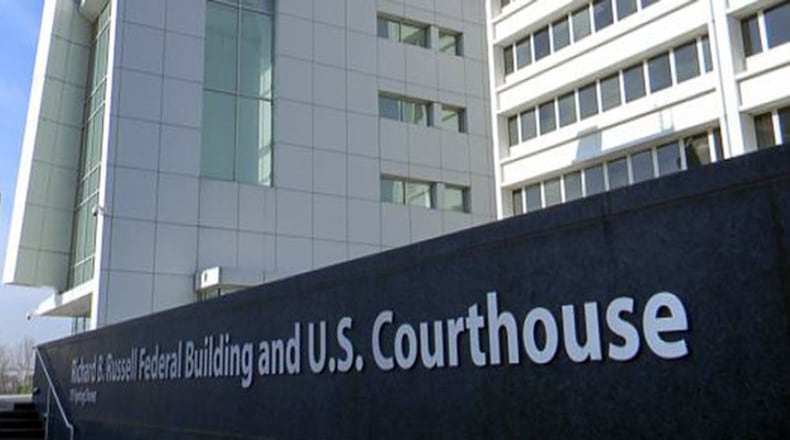Atlanta software company PowerPlan has agreed to pay Cumming-based rival Lucasys $24 million to settle claims that it unlawfully used its monopoly power to try to drive the smaller business out of the market.
The settlement, finalized on Jan. 1, comes three years after a federal judge in Atlanta described Lucasys’ antitrust case as a “David and Goliath” battle, when she denied PowerPlan’s attempt to dismiss the allegations against it.
“It was evident from the start that PowerPlan’s actions were not about fair competition,” said Jason Alloy, an attorney for Lucasys in the case. “Instead, it was about PowerPlan doing whatever it takes to put Lucasys out of business.”
PowerPlan denied the allegations. Its agreement with Lucasys came as U.S. District Judge Amy Totenberg considered whether the case should proceed to trial.
“Though PowerPlan vigorously contests the baseless claims brought by Lucasys in 2020, it is pleased to eliminate the distraction and uncertainty of litigation,” PowerPlan said in a press release about the settlement.
PowerPlan was founded in 1994 and touts itself as a leading provider of financial software and solutions for the energy industry, with more than 200 corporate customers. It is a subsidiary of Roper Technologies, which in 2023 had a revenue of more than $6 billion.
Lucasys was established in 2018 by former PowerPlan employees who had left the larger company years earlier. Lucasys also provides tax-related software for utilities.
In its complaint, Lucasys said PowerPlan had no meaningful competition after acquiring its only competitor in 2008. The cost of switching to another system largely barred utilities from leaving PowerPlan, Lucasys alleged.
“When data consulting firms sought to provide longer term technological solutions for their PowerPlan customers, PowerPlan saw them as budding threats,” Lucasys said in its lawsuit. “It then used its monopoly power to try to exclude them from the market, selectively claiming the exclusive right to utilities’ data, making sham legal threats, and ultimately coercing its locked-in utility customers not to do business with those potential competitors.”
PowerPlan made customers terminate or reduce the scope of their contracts with Lucasys, the lawsuit said.
“The defendant’s attitude seemed to shift once their legal team saw the strength of the evidence we had compiled,” said Joshua Mayes, another attorney representing Lucasys in the case. “Much of that evidence included statements made by PowerPlan’s own executives.”
PowerPlan denied any liability or wrongdoing. It agreed in the settlement not to retaliate or discriminate against any customer for doing business with Lucasys. Likewise, Lucasys agreed not to punish any customer for doing business with PowerPlan.
“PowerPlan looks forward to continuing to compete and win in the market,” PowerPlan said in its press release.
In its own statement about the settlement, Lucasys said it will use the $24 million to develop more products and enhance customer support.
About the Author
Keep Reading
The Latest
Featured


